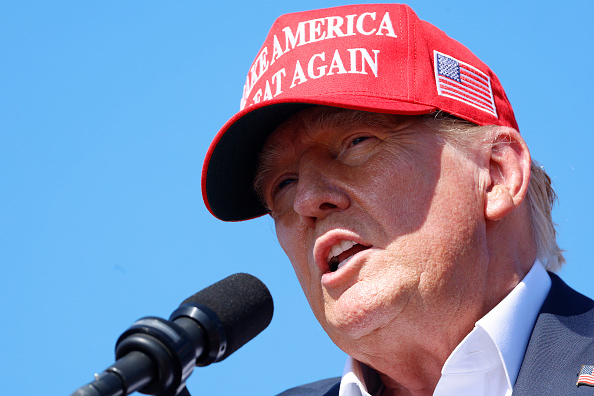
Lloyd Harris, Head of Fixed Income at Premier Miton, and fixed income fund manager Simon Prior share three key themes for bond investors to watch after Trump’s victory.
Tariffs
The global economy is worried about tariffs. Talk of tariffs on US president-elect Trump’s nemesis, China, of 60%+ and 10% for the rest of the world, is protectionism at its finest. It will likely lead to inflation, whilst open economies could potentially get flooded initially with over supplied goods looking to find a home. That said, tariffs are likely to be reciprocated exacerbating and accelerating the rate of global deglobalisation. This is bad for exporting nations such as Germany who are already facing structural headwinds as their economy struggles to move away from one built on cheap Russian energy to one with no discerning competitive advantage. The economy is over leveraged to autos, chemicals and industrials – all of which are struggling in the wake of higher electricity prices.
US retailers generally do not manufacture their products domestically; currently, 24% of all US apparel and 34% of footwear is sourced from China alone, according to Bloomberg Intelligence. While some companies have recently diversified their supply chains to include other Asian countries like Bangladesh and India, these changes may be insufficient if Trump’s tariffs extend to additional countries. Mass producers of footwear and apparel, such as Nike, Adidas, and Puma, lack the infrastructure to shift production to the US quickly and efficiently. Relocating operations would lead to substantial disruptions in distribution and incur high costs.
Additionally, Mexican-made products like Corona (Constellation Brands) and Don Julio (Diageo) could face significant challenges if tariffs on Mexican goods are introduced. For beverage companies in particular, it may be difficult to pass even part of a potential 25% tariff increase onto consumers due to the current softness in the US beverage market and the price-elastic nature of these products.
Labour
Trump has talked about removing “illegal aliens” from the country and firming up the border. This could mean a large number of unskilled workers will be removed from the economy, potentially reengineering an additional bump to the cost of labour. The large influx under Biden’s tenure had contributed to disinflating labour costs, but this could easily reverse under Trump’s proposed policies, prompting additional inflation to re-enter the economy.
Deficits
It has been hard to keep up with all of the policy announcements, but not much has been mooted at all on spending cuts. Budget deficits are already humungous by historical standards outside of war times. The lack of discussion on reducing these deficits is palpable. Elon Musk’s recent rise through the ranks with Trump to likely becoming the person in charge of efficiency in the Trump White House with a throw away comment of generating $2trn of savings is a start, but the bar is high to enact. Also, we must remember that Trump is a businessman. He knows the other side of government spending is corporate profits and consumers incomes. Cutting deficits may not be his political choice. If there was a choice between stock market upside or fiscal prudence – I am prepared to take a wager on which one he would choose.
Deficits are vast and they need to be funded. His policies are in the main inflationary and the government will have to sell trillions of bonds. They can tweak issuance plans as much as they like, but they will still need to raise a significant sum of money from the markets every year to service and refinance their existing debts, let alone the new debt being added. The sell-off in US government bonds post the election result is hard to disagree with.


